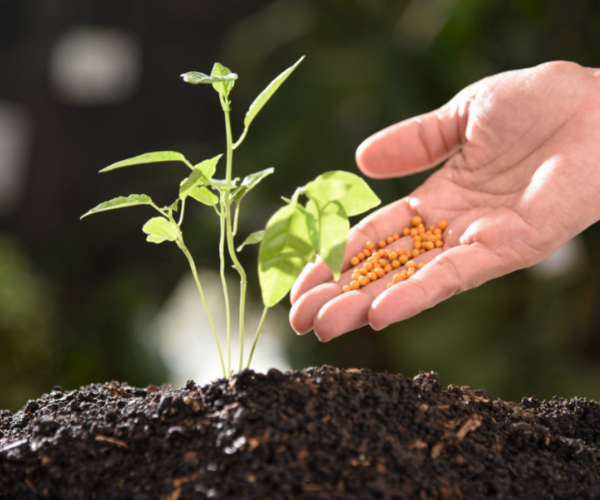Fertilizing is an important part of gardening. It ensures that your plants receive the nutrients they need to grow and thrive. But how do you know which fertilizer to use, and when? Spring is just about here so you may be wondering. Here are some tips for fertilizing both indoor and outdoor plants to help you get the most out of your garden!
What Should I Use?
When it comes to fertilizing, there are a few different types of fertilizers that can be used, depending on what kind of plants you have. Synthetic or chemical fertilizers are usually the best choice for outdoor plants because they provide a quick boost of nutrients that can help promote healthy growth and development. Organic fertilizers, such as compost or manure, are best used on indoor plants since they provide a slower release of nutrients over time without causing any damage to sensitive roots.
When Should I Fertilize?
The timing of fertilizer application is important for both indoor and outdoor plants. For outdoor plants, it’s best to apply fertilizer in early spring or late fall when temperatures are cooler and there is less risk of burning the plant with too much nitrogen. For indoor plants, it’s best to apply fertilizer every two weeks during active growing periods (spring/summer) and every month during dormant periods (fall/winter). Make sure not to over-fertilize your indoor plants as this could cause root burn or other damage.
How Much Should I Use?
The amount of fertilizer you should use depends on the type of plant you have and the type of soil it’s planted in. Generally speaking, it’s best to follow the directions on the package for application amounts—too much can be just as damaging as too little! If you’re using organic fertilizer, make sure not to exceed 1/4 cup per square foot of soil; if using synthetic fertilizer, make sure not to exceed 1 tablespoon per square foot.
Fertilizing your plants is an important part of gardening—it provides them with essential nutrients they need in order to grow healthy and strong. When selecting a fertilizer, make sure you choose one that meets your needs—whether organic or synthetic—and always follow the instructions carefully when applying it! With these tips in mind, you’ll be well on your way to having beautiful indoor and outdoor gardens all year round!






